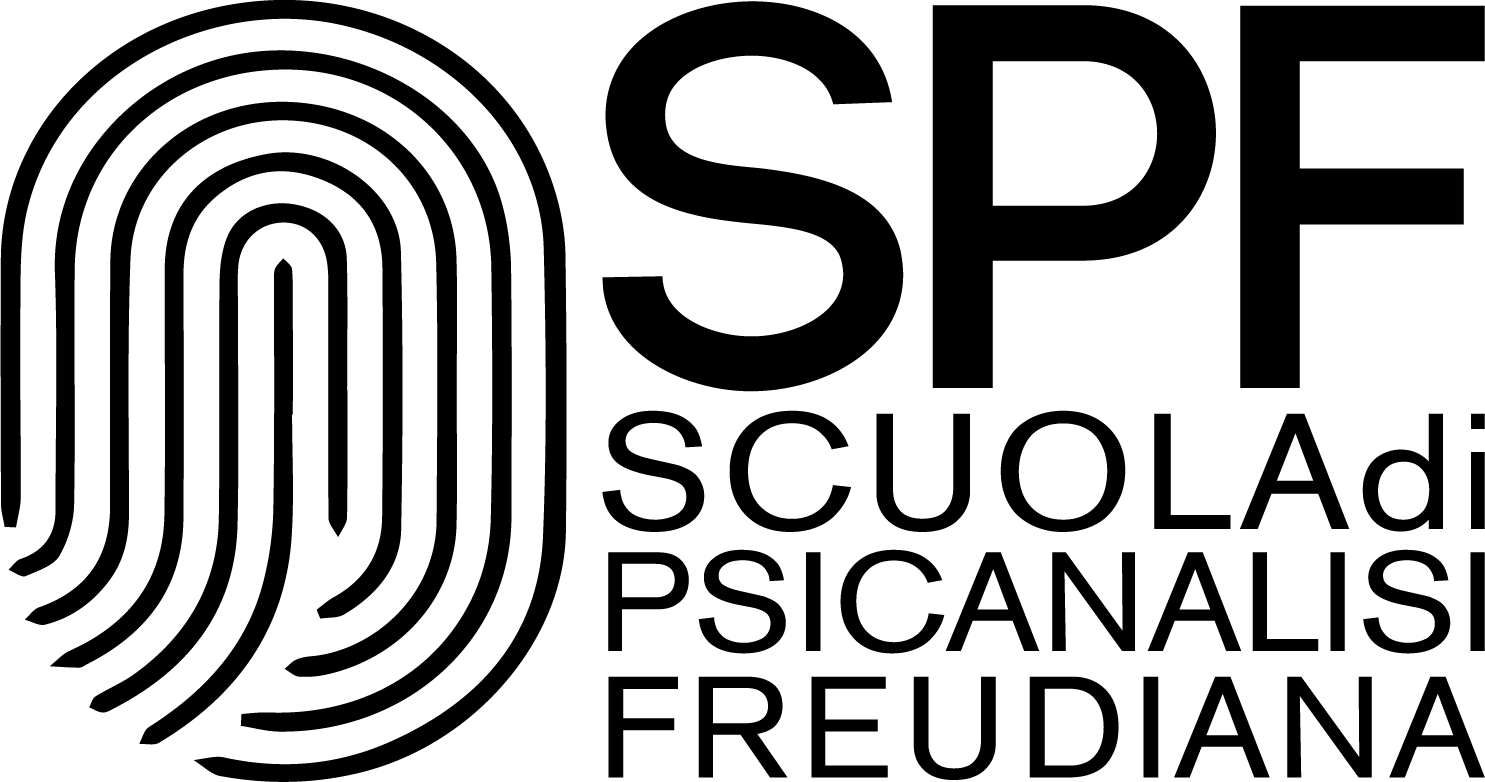Training cannot be discussed without first remarking the scientific status of psychoanalysis. Psychoanalysts are not shamans or spiritual directors; rather, they are people of science. The first thing they need is therefore a wealth of specialist knowledge tailored to their field of study.
Currently, the fields psychoanalysts should study are not all covered in the curricula of medical and psychology degrees. The training process for physicians and psychologists is very different from that for psychoanalysts. Besides, because psychoanalysis is standalone among the sciences, it is simply not suited to second-level training (for instance, postgraduate or specialist degree programs in medicine or psychology); it instead requires its own first-level training: namely, one that is novel and specific to it.
On the other hand, it is not acceptable to reserve the teaching and practice of psychoanalysis exclusively for the medical profession. Not for several reasons. Psychoanalysis, although it grew out of a medical background, has long since ceased to be a purely medical matter. Its methods, premises and results have become significant for a number of human sciences, such as mythology, literary history, religious history, cultural history, and are downright indispensable for pedagogy.
S. Freud, Letter to Arnold During (1924)
One way of adequately attaining the cultural and scientific training psychoanalysis demands would be an interdisciplinary curriculum; one that involves attending classes and taking modules from various academic programs. The subjects Freud deemed essential to psychoanalytic training include physiology, medicine, history of religions, comparative mythology, literature and philosophy. To these, today we should add linguistics, biology, methodology, epistemology, psychopathology, anthropology and ethnology. Some knowledge of physics and mathematics is also desirable: as our own research demonstrates, Freud’s theories can be understood from a physical viewpoint, and their scientific rigor opens the possibility to formalize them mathematically.

Although it is not crucial to do psychoanalysis, mathematical formalism is nonetheless important to accomplish:
1. a clear a univocal definition of theoretical concepts;
2. an understanding of the global architecture of the theory.
Therefore, it is key to achieve:
3. validation of further developments of the theory;
4. a dialogue with other sciences.
Alongside such broad and diverse studies, personal analysis is an essential part of every psychoanalyst’s training, as according to the guidelines and indications historically provided by the international psychoanalytic movement as well as by the founder of psychoanalysis.
Since there is no academic degree – at least in Italy – that teaches all fields psychoanalysts should study in order to be up to their task, it has fallen to our School to fill this void.
